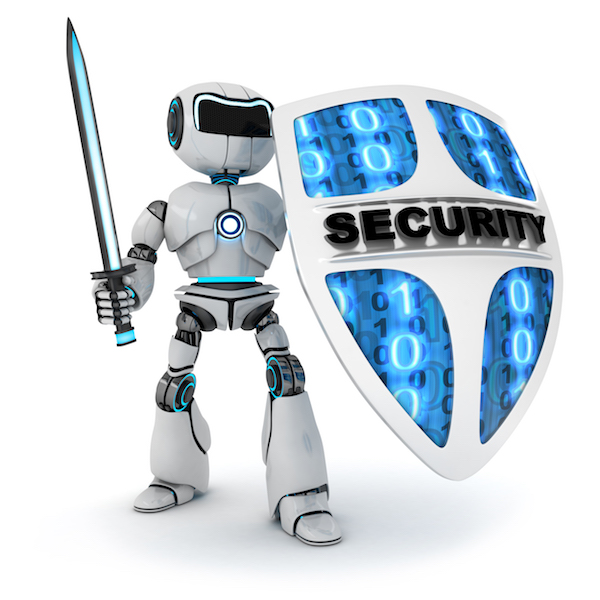In the effort to kill viruses, particularly the coronavirus, London’s Heathrow Airport has begun using robots to clean and kill viruses. These robots use ultraviolet rays to kill the viruses at night when the airport is quiet.
According to sources at the airport, they are also installing UV technology to disinfect escalator handrails, and self-cleaning anti-viral wraps are being fitted to often-touched surfaces such as security trays and elevator buttons. In addition, they are retraining 100 employees to serve as “hygiene technicians” to monitor the effectiveness of the new technologies and answer passenger concerns.
A group of European researchers have studied coronavirus and advocate for the use of ultraviolet light as an efficient, deployable and affordable way to limit the spread of the virus. The study published in the June 18 ACS Nano involved experts in virology, immunology, aerosols, architecture, and physics.
Elevators, breakrooms, toilets and other small spaces used intermittently but with a high turnover rate could benefit from the exposure of high intensity UVC radiation when the area is not in use. This could also be used in public transportation such as buses and trains, corridors and other traffic areas.
Surfaces such as handles, handrails, and door knobs could also be addressed using this UV light technology. Weaker UVC sources aimed at these surfaces can help disinfect as an alternative to other, more time-consuming methods.
Robots used for other purposes in manufacturing, medical facilities and other industries are being shifted away from their intended tasks to address virus concerns. Fitted with a UV light source, vision guidance and software, these robots are able to disinfect public spaces without the danger associated with cleaning by humans.
As we learn more about coronavirus and other infectious diseases, robots equipped with UV lenses will play a significant role in disinfecting and protecting against these viruses.